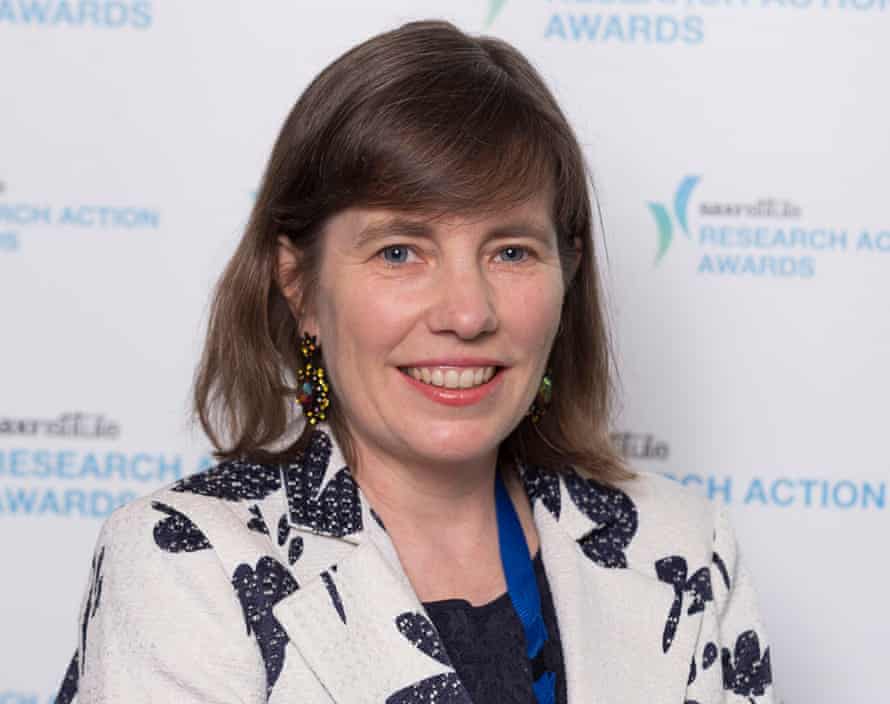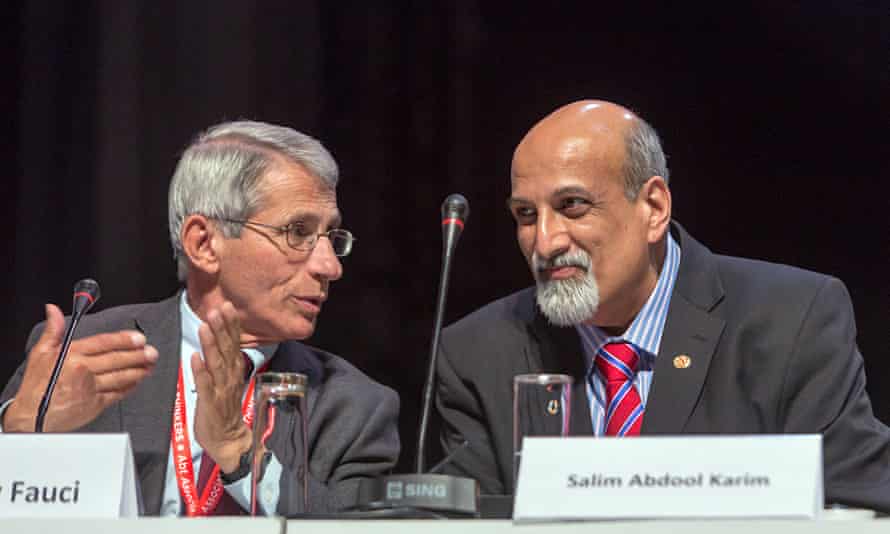Good for her but still the wrong approach. WE NEED 100% RECOVERY PROTOCOLS.
10 million yearly stroke survivors need those protocols.
Scorned scientist now vindicated in her work on how to treat stroke
Anne Abbott challenged medical establishment and faced ‘shocking’ rebuffs

Last modified on Sat 19 Dec 2020 16.26 EST
Anne Abbott is a scientist on a mission. She believes large numbers of debilitating strokes can be prevented without surgical interventions. Lifestyle changes and medication alone can make massive improvements to people at risk from the thickening of their arteries.
It is not an attitude that has endeared her to the medical establishment, however. For years, it has attempted to block her work while instead pressing for increasing use of carotid surgery and stents, she told the Observer last week.
“I was told not to publish my research findings,” said Abbott, associate professor of neuroscience at Monash University in Melbourne. “I was shocked. Then it became hard to submit grant applications to continue my research. People would say ‘yes’ to my proposals, then at the last minute, they would back out. If you can’t put a grant in, it could be the end of your research career.”
But now Abbott’s efforts have received global recognition – thanks to the judges of the John Maddox prize. Named after the former editor of Nature, and organised by the journal and the charity Sense About Science, the international awards are given to researchers who stand up for sound science. Past winners have included scientists who have been persecuted for speaking out about the dangers of rainforest destruction, the bleaching of coral reefs and the misuse of vitamin C supplements as “treatments” for cancer.

This year, US health chief Anthony Fauci and his South African counterpart Salim Abdool Karim were jointly awarded the main John Maddox prize for “communicating the complex science of Covid-19 in the midst of international uncertainty and anxiety”. However, the judges also gave an early career award to Abbott for her perseverance in challenging traditional surgical and stenting procedures as the main way to treat patients at risk of strokes. (A stent is a tiny tube that can be placed into an artery or vein.)
The carotid arteries run from the heart to the brain on each side of the neck. In older people, these key blood vessels can thicken, a condition known as carotid stenosis; if left untreated, this can lead to blockages and trigger a stroke.
“For decades, it was standard practice to operate on people who have carotid stenosis – by cutting open an artery and removing the narrowing,” added Abbott. “More recently, carotid stenting was introduced, and this is even more dangerous than surgery. But my research a decade ago showed, in many cases, these procedures are unnecessary or cause net harm,” added Abbott.
“Major improvements can simply be made by medical – as opposed to procedural – interventions, such as the adoption of healthier lifestyles, anti-cholesterol drugs, taking blood pressure and cutting out smoking.”
But despite publication of papers on the effectiveness of these measures, major programmes to use surgical interventions were being introduced across the world, and Abbott came under considerable pressure to stop her attempts to improve stroke prevention. “To get all this resistance from multiple people, multiple institutions, was shocking and tiring,” she added. “It became terribly difficult to keep going.”
But she persisted and her work is now being accepted by growing numbers of doctors. She is working on producing what she calls the first “evidence-true” guidelines for carotid artery disease in collaboration with an international group of doctors.
“It takes great courage and determination to go against established practices,” said one Maddox prize judge, Magdalena Skipper, Nature’s editor-in-chief. “Anne Abbott’s efforts to move away from unnecessary clinical interventions and procedures have shifted stroke prevention methods and improved stroke prevention worldwide – despite coming up against resistance from her academic seniors.”
No comments:
Post a Comment